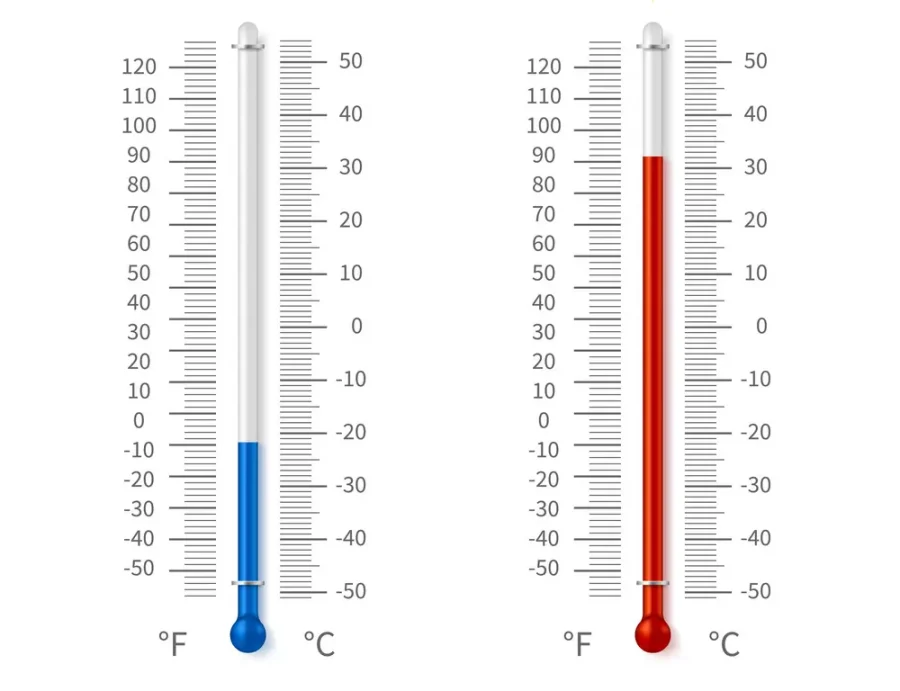The sudden change in temperature from extreme hot to cold can have a serious effect on people who have a history of cold-related disorders. Doctors say managers of malls, offices, public buildings, mosques and even hospitals, which sometimes record temperatures as low as 19°C, have a responsibility to ensure that the inside of their establishments is not unhealthy. “Extreme and sudden variance between outside and inside temperatures has adverse effect on body as it undergoes a certain amount of stress when it is forced to go from a boiling hot environment into an air-conditioned one”, said Dr Aamerah Shah, a primary care specialist at the American Hospital Dubai. “It dries off your skin, the mucus membrane and the eyes. We see patients who say they went to the malls or their offices and it was extremely cold. Eye infections, respiratory infections and muscular spasms are caused by this change in temperature,” Dr Shah said. She treats several patients each month for asthma attacks, runny noses, muscular pain, flu, pharyngitis, sinusitis, cold, sore throat, muscular aches and severe pains, all mostly the result of air conditioning. Dr Shah said the recommended temperature should be between 23°C and 25°C to prevent susceptibility to ailments and ensure healthy living. Another medical expert said low temperatures can exacerbate medical conditions of existing patients. “These extreme differences from outside to inside might affect the human body,” said Dr Tarek Abdul Hadi Azeem, a professor and consultant of internal medicine at Al Noor Hospital in Abu Dhabi.
“The change in temperature can exacerbate coronary heart diseases, vascular cardiac, vascular brain diseases and peripheral vascular [artery and vein] diseases. “The condition of people with respiratory diseases might also worsen. I always advise patients to switch their air conditioners off when possible and avoid being exposed to low temperatures.” Another doctor said the hospital where she worked set the temperature sometimes as low as 19°C, which was unhealthy for patients and medical practitioners. A prominent hospital whose inside temperatures The National gauged with a thermometer recorded about 22.5°C at 11am on a Wednesday. “It is too cold for the patients,” said the doctor. “It is something that all hospital administrations should look into. The temperatures of all buildings including hospitals should be monitored closely.










